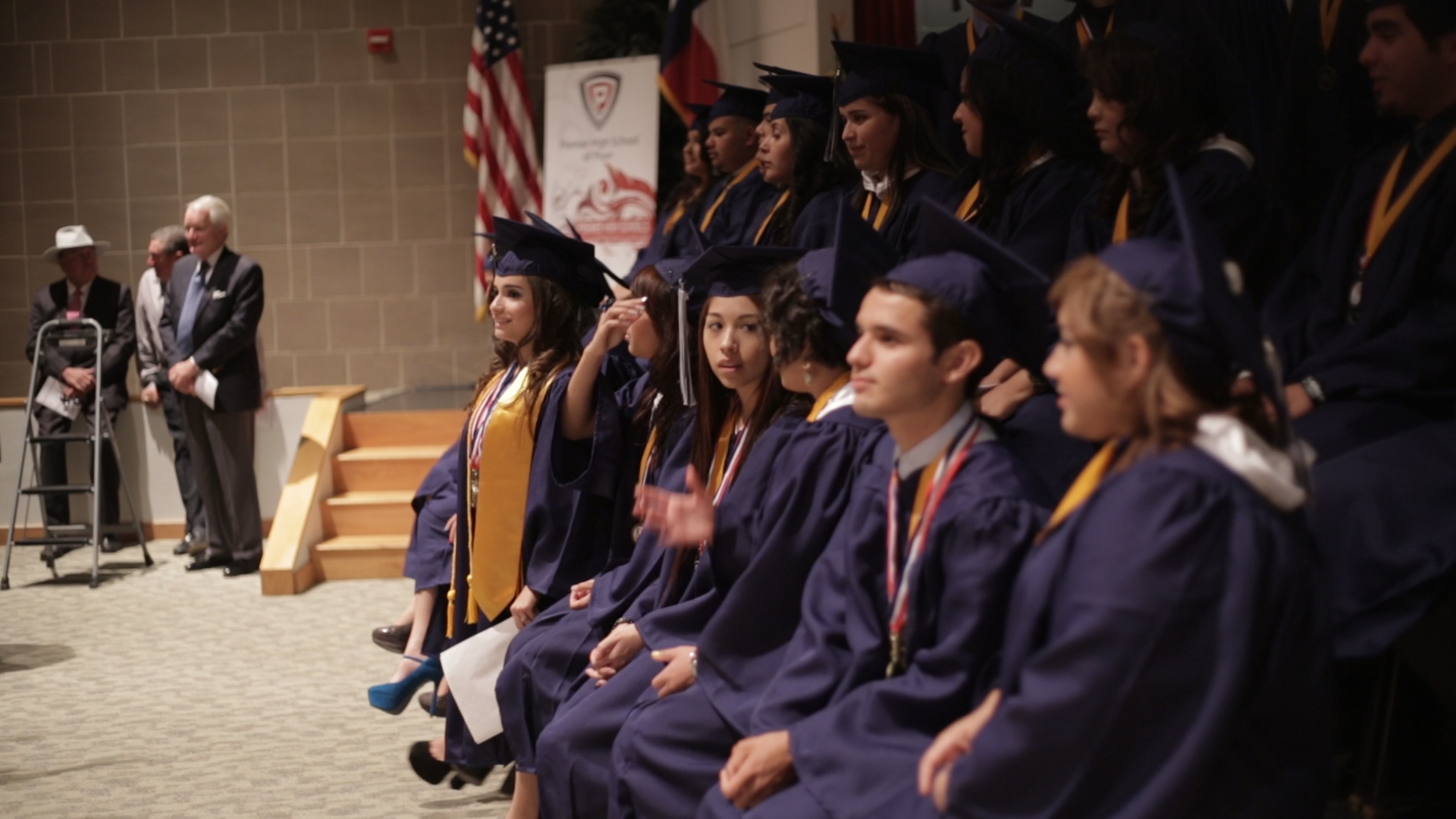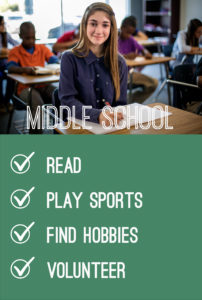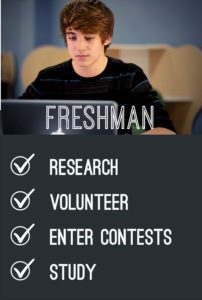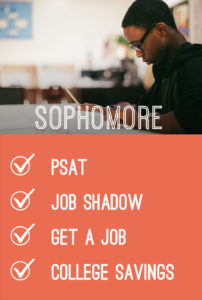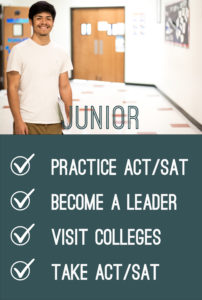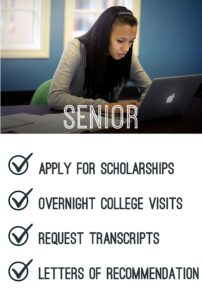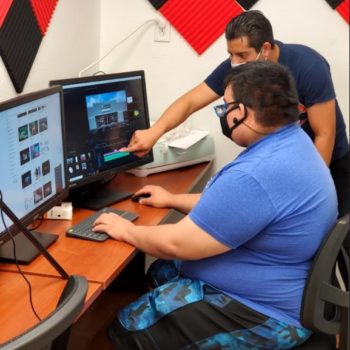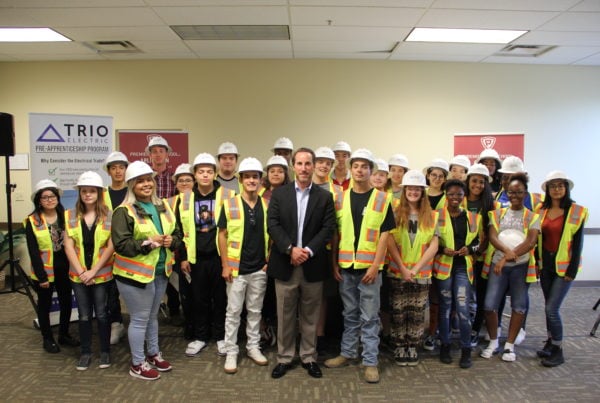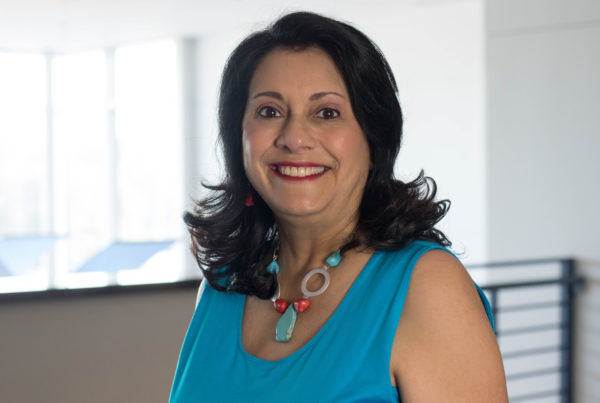ResponsiveEd’s High Schools are unique in their different focuses, from early college to STEM and classical education, but all have college readiness as their goal. We visited with several high school campus directors and college counselors to ask what specific advice they have for their students.
What do college admissions counselors look for?
![]() A. “Strive to increase your grades every year. Colleges like to see there is an upward trend in your grades. Find something outside of school family or community that is special and really engage in it. When it comes to volunteering, a lot of kids want to put volunteering on their application, but it really should be something that they care about.” – Gina Gallutia, Founders Classical Academy of Lewisville College Counselor
A. “Strive to increase your grades every year. Colleges like to see there is an upward trend in your grades. Find something outside of school family or community that is special and really engage in it. When it comes to volunteering, a lot of kids want to put volunteering on their application, but it really should be something that they care about.” – Gina Gallutia, Founders Classical Academy of Lewisville College Counselor
What is a common difficulty in college applications?
![]() A. “One thing that is very important to our parents is the Free Application for Federal Student Aid (FAFSA). We sit down with parents and go through the process. If you aren’t sure how to fill it out, come visit one of the financial advisors on the campus.” – Kevin Sevin, iSchoolHigh at University Park College Readiness Counselor
A. “One thing that is very important to our parents is the Free Application for Federal Student Aid (FAFSA). We sit down with parents and go through the process. If you aren’t sure how to fill it out, come visit one of the financial advisors on the campus.” – Kevin Sevin, iSchoolHigh at University Park College Readiness Counselor
What general advice do you have for students?
![]() A. “Go visit schools the beginning of freshman year. It gives you an idea of what you are working towards, even if you aren’t certain what route you want to take.” – Gina Gallutia, Founders Classical Academy of Lewisville College Counselor
A. “Go visit schools the beginning of freshman year. It gives you an idea of what you are working towards, even if you aren’t certain what route you want to take.” – Gina Gallutia, Founders Classical Academy of Lewisville College Counselor
![]() A. “Don’t specialize too soon. Remember that high school and college are times to figure out what you are good at and what you like.” – Dr. Kathleen O’Toole, Founders Classical Academy of Leander Headmaster
A. “Don’t specialize too soon. Remember that high school and college are times to figure out what you are good at and what you like.” – Dr. Kathleen O’Toole, Founders Classical Academy of Leander Headmaster
![]() A. “Freshman year is when they need to look at college applications. This is when they start working on volunteering, looking at scholarships and building their resume. Sophomore year they should start thinking about their strengths. Junior year they should look at about four to five colleges. Then senior year is about actual applications. Before high school it is more or less start having those conversations of what you are interested in. It is a matter of talking about your road plan. They don’t need to pick a career, but start working towards something. If you take a different path, that is okay. – Kevin Sevin, iSchool High at University Park College Counselor
A. “Freshman year is when they need to look at college applications. This is when they start working on volunteering, looking at scholarships and building their resume. Sophomore year they should start thinking about their strengths. Junior year they should look at about four to five colleges. Then senior year is about actual applications. Before high school it is more or less start having those conversations of what you are interested in. It is a matter of talking about your road plan. They don’t need to pick a career, but start working towards something. If you take a different path, that is okay. – Kevin Sevin, iSchool High at University Park College Counselor
![]() A. “Your interactions with teachers matter and not just for letters of recommendation. Build a rapport and relationship with your teachers.” – Gina Gallutia, Founders Classical Academy of Lewisville College Counselor
A. “Your interactions with teachers matter and not just for letters of recommendation. Build a rapport and relationship with your teachers.” – Gina Gallutia, Founders Classical Academy of Lewisville College Counselor
 A. “Your grades are important. They don’t just help you get into a school, but they can save you money through scholarships.” – Shawanda Runyan, iSchool High STEM College Counselor
A. “Your grades are important. They don’t just help you get into a school, but they can save you money through scholarships.” – Shawanda Runyan, iSchool High STEM College Counselor
![]() A. “Study for the SAT and take it multiple times. Visit colleges and talk to graduates from those colleges. If at all possible talk to the professors. It is really all about what you are learning. Meet the people who will be teaching you. I chose my college based on who would be teaching me.” – Dr. Kathleen O’Toole, Founders Classical Academy of Leander Headmaster
A. “Study for the SAT and take it multiple times. Visit colleges and talk to graduates from those colleges. If at all possible talk to the professors. It is really all about what you are learning. Meet the people who will be teaching you. I chose my college based on who would be teaching me.” – Dr. Kathleen O’Toole, Founders Classical Academy of Leander Headmaster
What is your advice to parents?
![]() A. “I would encourage practical-minded parents to give their children the space to apply to wide range of colleges rather than limit them. We had a lot of kids who thought they could only go to a community college because a four year college was beyond their means. There are many scholarships available. Be open in their junior year, but in their senior year have them think more practically.” – Dr. Kathleen O’Toole, Founders Classical Academy of Leander Headmaster
A. “I would encourage practical-minded parents to give their children the space to apply to wide range of colleges rather than limit them. We had a lot of kids who thought they could only go to a community college because a four year college was beyond their means. There are many scholarships available. Be open in their junior year, but in their senior year have them think more practically.” – Dr. Kathleen O’Toole, Founders Classical Academy of Leander Headmaster
![]() A. “Be involved in your student’s application process. Let them have ownership, but start having those conversations about what your student is interested in and whether they have a goal. If they have a goal, help them figure out what they need to do to get there. If they don’t have a goal, encourage them to try things out.” – Kevin Sevin, iSchool High at University Park College Readiness Counselor
A. “Be involved in your student’s application process. Let them have ownership, but start having those conversations about what your student is interested in and whether they have a goal. If they have a goal, help them figure out what they need to do to get there. If they don’t have a goal, encourage them to try things out.” – Kevin Sevin, iSchool High at University Park College Readiness Counselor
![]() A. “Before high school parents need to remember they are preparing their children to be independent. Schoolwork needs to be done by the student, not the parent doing it for them. My most responsible kids are the ones whose parents are hands off and let their child learn for themselves with their support.” – Gina Gallutia, Founders Classical Academy of Lewisville College Counselor
A. “Before high school parents need to remember they are preparing their children to be independent. Schoolwork needs to be done by the student, not the parent doing it for them. My most responsible kids are the ones whose parents are hands off and let their child learn for themselves with their support.” – Gina Gallutia, Founders Classical Academy of Lewisville College Counselor
What is the benefit of your school’s program?
![]() A. “We focus on not just getting them college ready, but college successful. Starting their freshman year, we help them build skills on how to be successful on the TSI using the 7 Habits. We administer the ASFAB to our kids and follow up with them using the website to see which career they would be good at based on their skills, what major they should be looking for and what colleges would help them get there.” – Kevin Sevin, iSchool High at University Park College Readiness Counselor
A. “We focus on not just getting them college ready, but college successful. Starting their freshman year, we help them build skills on how to be successful on the TSI using the 7 Habits. We administer the ASFAB to our kids and follow up with them using the website to see which career they would be good at based on their skills, what major they should be looking for and what colleges would help them get there.” – Kevin Sevin, iSchool High at University Park College Readiness Counselor
![]() A. “The benefits of our classical program is not as easily quantifiable as ResponsiveEd’s more specialized High Schools. I am often surprised by how much admission counselors want students from a liberal arts school because the curriculum makes them great thinkers across the board. They can connect classes, know how to handle heavy course load, and know how to research. Today’s job markets change very quickly. Today, being able to communicate and think and be responsible is important across markets. This can be a real strength of classical schools.” – Gina Gallutia, Founders Classical Academy of Lewisville College Counselor
A. “The benefits of our classical program is not as easily quantifiable as ResponsiveEd’s more specialized High Schools. I am often surprised by how much admission counselors want students from a liberal arts school because the curriculum makes them great thinkers across the board. They can connect classes, know how to handle heavy course load, and know how to research. Today’s job markets change very quickly. Today, being able to communicate and think and be responsible is important across markets. This can be a real strength of classical schools.” – Gina Gallutia, Founders Classical Academy of Lewisville College Counselor
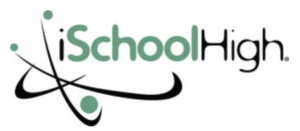 A. “Our school is unique in that it is project based learning. Our students receive hands on experience that many college students haven’t yet had. Students who know they want to pursue a particular STEM career can gain an edge through experience and connections. Others who don’t yet know what they want to do have the opportunity to explore different STEM fields.” – Shawanda Runyan, iSchool High STEM College Counselor
A. “Our school is unique in that it is project based learning. Our students receive hands on experience that many college students haven’t yet had. Students who know they want to pursue a particular STEM career can gain an edge through experience and connections. Others who don’t yet know what they want to do have the opportunity to explore different STEM fields.” – Shawanda Runyan, iSchool High STEM College Counselor
For additional college advice, follow the following links.
Middle School Freshman Sophomore Junior Senior

